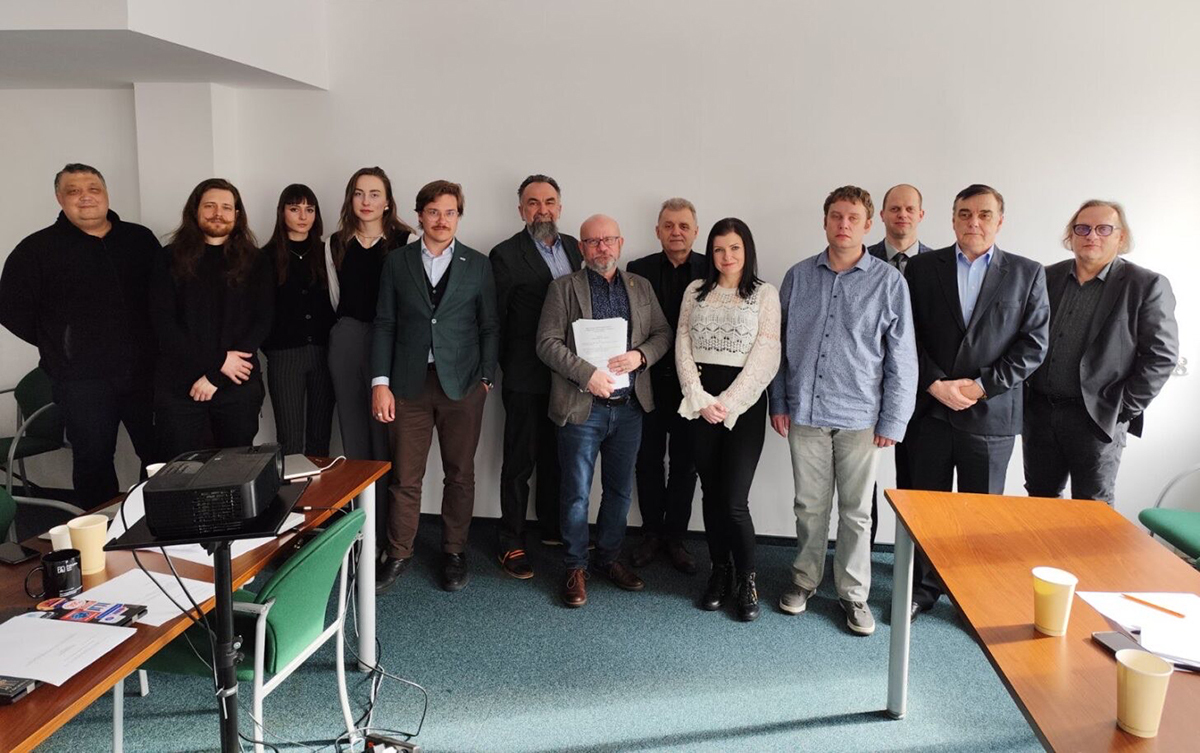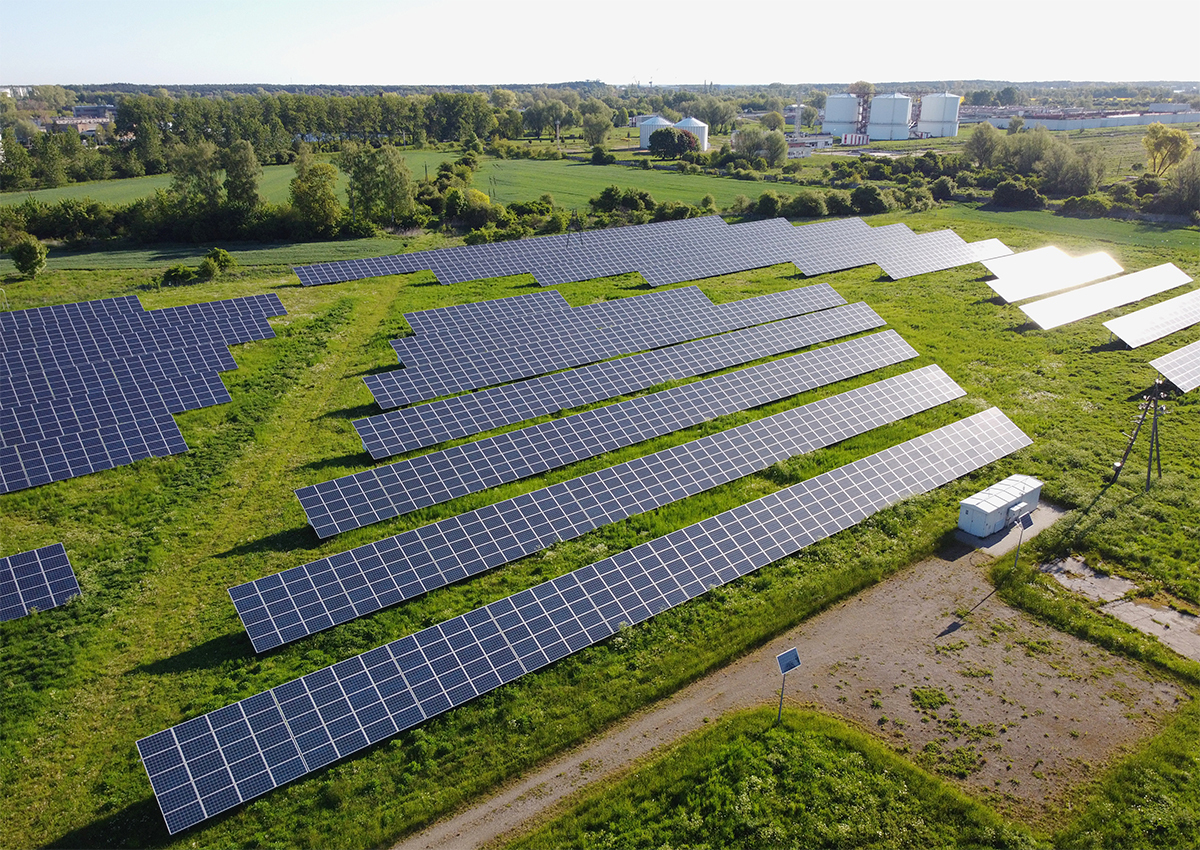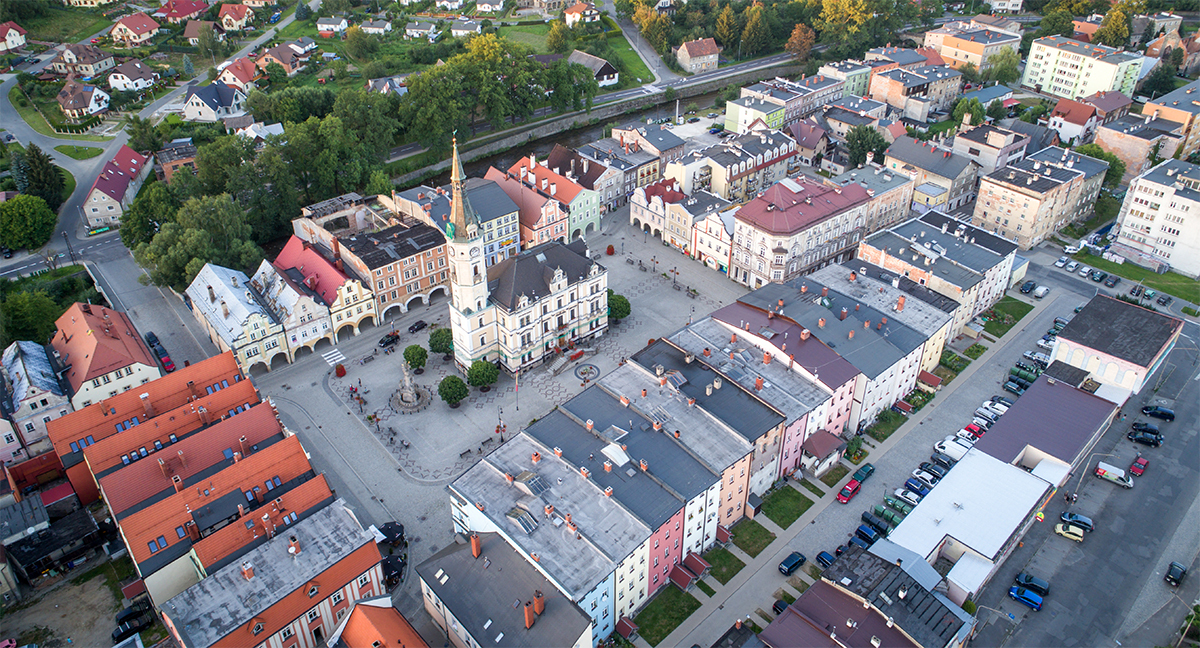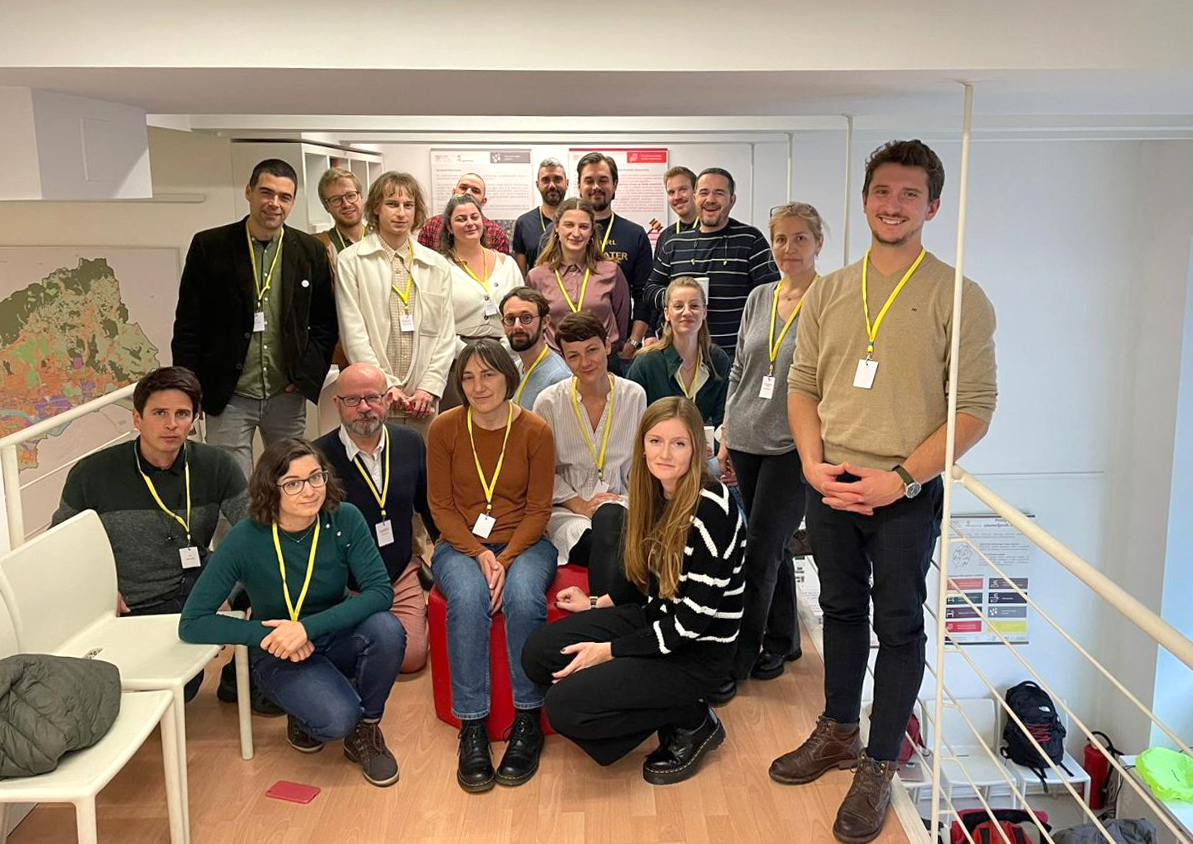Stories
May success story: Unleashing the potential of community energy in Poland
Community energy is key to action on the climate crisis. It can empower people, boost local economies, and reinvigorate communities. Community-led initiatives play an important role in the transition towards a 100% renewable and just energy future. Success stories of community energy projects can be found all over Europe. At REScoop.eu we want to highlight these stories to further accelerate the movement towards a cleaner and democratic system.
This month we travel to Poland to celebrate the creation of the national coalition of energy cooperatives and learn more about their objectives and future plans. We also meet one of their founding members, Lądek Energy Cooperative.
Uniting forces in Poland
Poland lacks a strong community energy tradition. Despite having a population of 38 million, there are only a few dozen energy cooperatives in the country. However, this is changing. Several promising projects have emerged in recent years, and a national coalition of energy cooperatives has just been established, which will hopefully support the creation of many more new initiatives.
Związek Spółdzielni Energetycznych, Rozwojowych i Cyfrowych (Związek SERC), the Polish coalition of energy cooperatives, was created in March this year by ten founding cooperatives and was officially registered in mid-May, after receiving approval from the registry court in Warsaw. Now, members will hold their first general assembly to decide their budget, membership fees, and activities for the coming months. Bartłomiej Kupiec, manager and leader of Energy Team at Coop Tech Hub, one of the driving forces behind the coalition, explains the long-term goals and motivations for its creation.
“The idea behind the coalition is to represent the entire sector of energy cooperatives and fight for our interests together. We want to influence policymaking because there is a long way to go for the recognition and support of energy cooperatives in Polish law.”

The complex legal landscape
Despite introducing the concepts of Renewable Energy Communities and Citizen Energy Communities into the Polish energy law in 2023, the government hasn’t fully transposed the provisions for energy communities adopted in the European Union’s Renewable Energy Directive and the Internal Electricity Market Directive in 2019. Additionally, Polish energy cooperatives, which are regulated by the Renewable Energy Act and an outdated cooperative law from 1982, face significant obstacles. Under current regulations, energy cooperatives are not allowed to sell energy, so surplus production must be fed into the grid. Furthermore, they can only be established either in rural or rural-urban areas. In general, cooperatives are not treated equally compared to commercial companies. According to Bartłomiej, this legal ambiguity imposes serious challenges for citizens’ engagement in energy cooperatives.
Moreover, citizens can choose among three different legal concepts when creating an energy cooperative: energy cooperative (which, in turn, can be subjected to the cooperative law or the Renewable Energy Act), energy cluster, or citizen energy community. “This doesn’t make any sense because people don’t know what to establish”, Bartłomiej notes, hoping the coalition's advocacy work will clarify the situation.
New horizons for energy cooperatives
Bartłomiej is optimistic about the future. Community energy is gaining recognition, and interest in creating or joining energy cooperatives is growing in Poland. The Russian invasion of Ukraine has heightened Polish citizens' interest in the energy security and independence that energy cooperatives offer. The prospect of cheaper electricity bills is appealing to citizens too.
Despite interest in community energy, some people share concerns about the term “energy cooperative” due to associations with cooperatives from the communist regime. Bartłomiej emphasises that cooperatives extend beyond the communist model, noting that the first agricultural cooperative in Poland was established in the 19th century, long before the communist regime. The coalition plans to address these concerns through information campaigns about cooperative principles.

“We want to show that cooperatives are the best way to fight social alienation, achieve energy independence, and gain democratic control over energy resources.”
Staying true to the concept
The fight against corporate capture is another high priority for the coalition. Today, the national registry lists 33 energy cooperatives, but some were established solely to make a profit, Bartłomiej denounces.
“In Poland, energy cooperatives can be created by ten individuals or three legal entities, and we see some private companies exploiting this to benefit from provisions for energy cooperatives and lower their energy bills. For example, one of the first officially registered energy cooperatives was said to be simply a commercial initiative created by local companies to profit from sharing their know-how. Energy cooperatives should be for people, not for big companies looking to cut their expenses. Polish lawmakers should address the problem of corporate capture of energy communities in future regulations.”
The coalition will work to change the law to ensure that only genuine cooperatives can access support schemes.
A good example from Lądek
In opposition to profit-driven initiatives, coalition members adhere to the seven cooperative principles and aim to benefit the community. In the town of Lądek-Zdrój, the local government has created an energy cooperative to produce renewable energy for its members, improve air quality in the town, and raise environmental awareness among local citizens.
Established in 2022, Lądek Energy Cooperative has built a 1MW solar farm that supplies energy to all municipal buildings and the town's street lighting. Although it was founded by three municipal entities – Lądek municipality, Lądek’s office for municipal services, and the local culture and recreation centre – membership will be open to citizens from the town and nine nearby villages this year.
Daniel Raczkiewicz, president of the cooperative, announces plans to expand the power plant to a capacity of 7.7 MW in the upcoming years. They also want to produce geothermal heat – Lądek is a spa town and the cooperative has drilled a geothermal well but has not yet built a heating network due to lack of financing.

Collaboration at the European level
Daniel highlights the value of the Polish coalition of energy cooperatives as a meeting point for gaining experience and exchanging knowledge. Coop Tech Hub is a partner of the Life COMET project, which aims to create community energy coalitions in Eastern European countries, and Bartłomiej Kupiec points out the project’s value.
“Life COMET is making a huge difference by facilitating cooperation between energy communities across Europe, allowing us to learn from each other's experiences. For us, it was useful to learn how to form a national coalition: how to start it, how to find partners, what practical details to consider…”
By working together and learning from each other, and by giving citizens a unique voice in the political landscape, energy cooperatives in Poland are advancing towards a fairer and more democratic energy transition.
